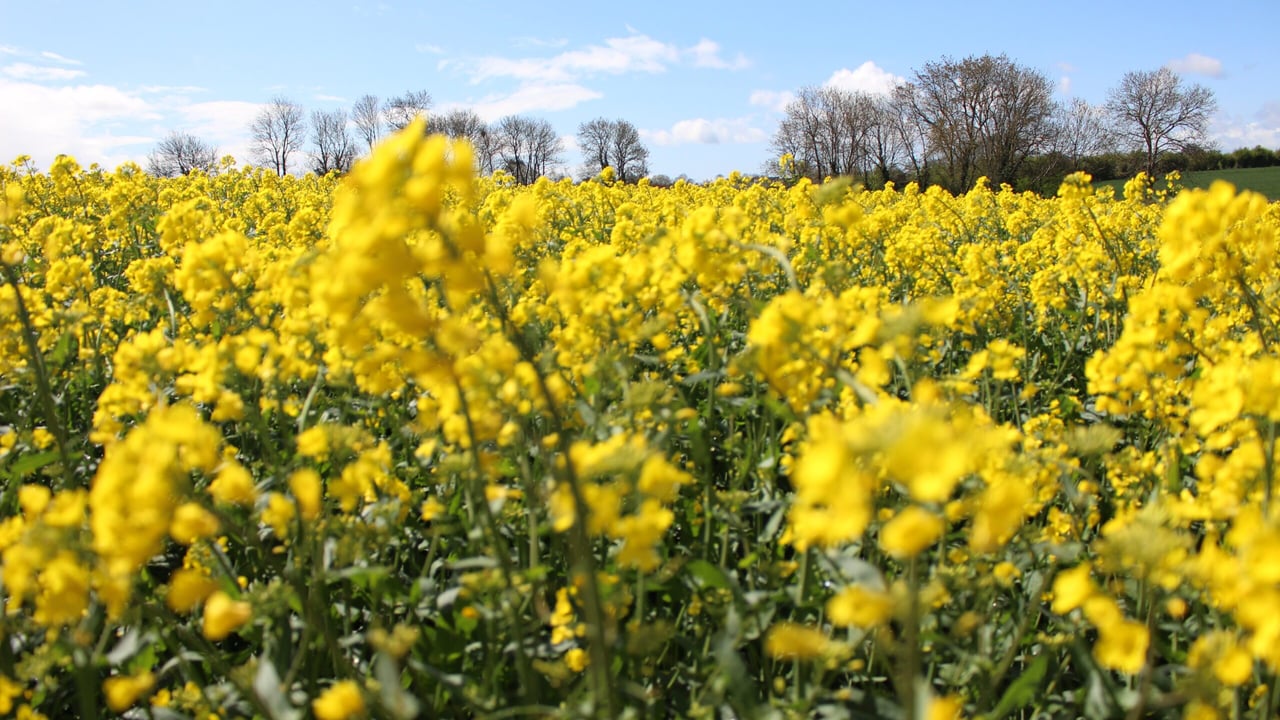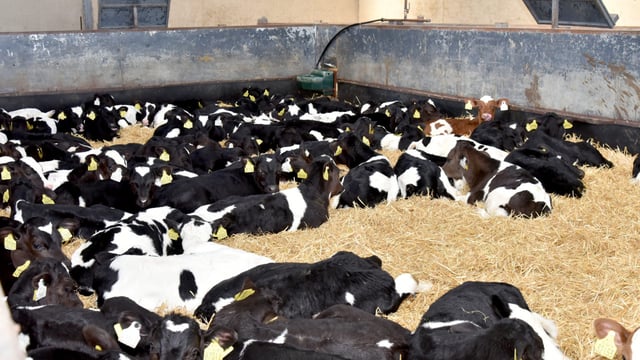Growers advised to monitor winter oilseed rape at petal-fall stage
Winter oilseed rape crops are now in full bloom across the country. What’s more, they have never looked so well, according to Teagasc, but growers need to monitor the petal-fall stage.
“Sclerotinia control is a priority for growers right now,” commented tillage specialist Shay Phelan.
“Damage caused by the disease now will not be apparent until after harvest."
The onset of sclerotinia coincides with petal-fall taking place within rape crops. Petals falling onto stems create an environment within which the disease-carrying fungi can grow.
If the petals are falling to the ground within crops, then the issue is averted.
“There is no cure for sclerotinia,” Phelan explained.
“It is essential to get a fungicide onto crops as soon as those early petals start to fall. Taking this approach cuts down the risk of sclerotinia infections becoming problematic in the first place," he said.
Teagasc is actively advising rape growers to walk crops as a matter of priority. If petal-fall has already started, the issue that rises to prominence is that of ascertaining where the petals are actually falling.
If they are congregating in the axial between the stems and lateral branches, then the rise of sclerotinia infection taking hold is relatively high.
Teagasc recommends the use of Amistar, Proline or Filan as the best fungicide options to control sclerotinia at this stage.
There are a number of risk factors associated with the predisposition of rape crops to a sclerotinia infection.
“In cases where crops are growing in fields that have never been used to grow rape before, the risk is usually low," Phelan continued.
“For farmers already growing oilseed rape on a regular basis, there are levels of sclerotinia risk."
The tillage specialist said that for growers practising a long rotation, the risk is relatively small, adding that one application of a fungicide at the early petal-fall stage should act to mitigate the issue.
“In these instances a second fungicide application could be justified at the late petal-fall stage.”





